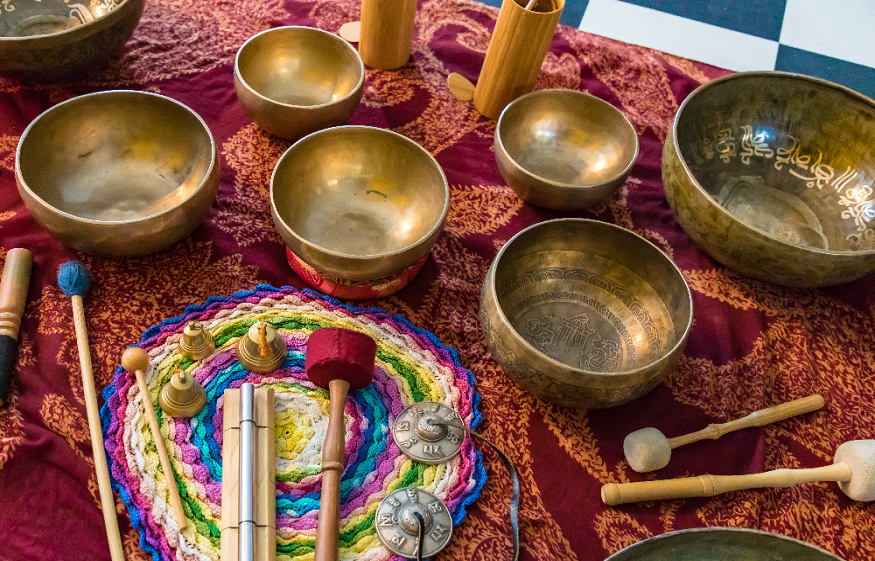
Why You Should Use Music in Your Therapy Sessions
Those providing counseling sessions often look at a variety of tools to use during their sessions which will help them connect with their clients. Instead of spending the entire session sitting talking with, or preferably listening to, their clients, they can use somethingsuch asmusic therapy.
According to the folk at Maloca Sound, music therapy has the ability to reduce stress and improve the mood in minutes; it is a powerful tool in the counselor’s arsenal.
Getting the Most from Music Therapy Sessions
The goal of music therapy is to encourage clients to express themselves through music. They can get involved or simply sit and connect with the music. The therapist usually has a background in music so can use it in various forms to get the most from the client. A typical music therapy session can include the therapist and client making music together, writing songs, singing, listening to music, dancing, or simply having a chat about music.
Because of music’s ability to change a person’s mood instantly, it is immensely helpful for therapists dealing with people struggling with mental health problems such as anxiety and depression.
Some therapists find that clients are reluctant to open up, especially in the early days. Sometimes, the very idea of singing or dancing might fill them with dread. This is when a good therapist can change direction and sit chatting about music instead. Many clients will find it easier to talk about music that they like than discussing the reasons they are in therapy in the first place.
Nevertheless, most people have connections to music. They hear a song that reminds them of specific times in their lives so talking about or listening to music can help them to open up. Some therapists will sit with their clients, and they will create a playlist together. This playlist can include some songs that reflect the client’s mood at that time but will also include other songs that are designed to help the client move to a desired state of mind.
Using music therapy is remarkably effective, but therapists need to understand that the same approaches do not work for everyone. Some people will be happy to get involved with singing and dancingwhile others prefer to listen or talk about music instead.
How Music Therapy Helps Clients
Music therapy is used to help clients who are struggling with mental health problems. However, it can also be used in a variety of other health conditions such as Alzheimer’s disease, chronic pain, autism, insomnia, and neurological disorders.
The wonderful thing about music therapy is that it can be personalized to the individual, helping therapists and clients to get more from their sessions. Moreover, music therapy works with people of all ages, even young children.
When individuals engage with music, it activates certain areas of the brain such as those that are responsible for movement, memory, decision-making, emotions, and reward. It helps to relax muscles, relieving tension and releasing powerful endorphins that help improve the mood.
In older people, music therapy is often used in group settings where it can be used to fulfill their social needs. For young children with learning difficulties or developmental delays, music therapy is often used to help improve their communication and strengthen their motor skills.
Conclusion
Music therapy is a powerful tool that therapists can use for clients of all ages. It has the ability to change the mood and relieve stress. It is an ideal tool for helping those with both mental and physical health problems and it can be easily tailored to suit every client.


